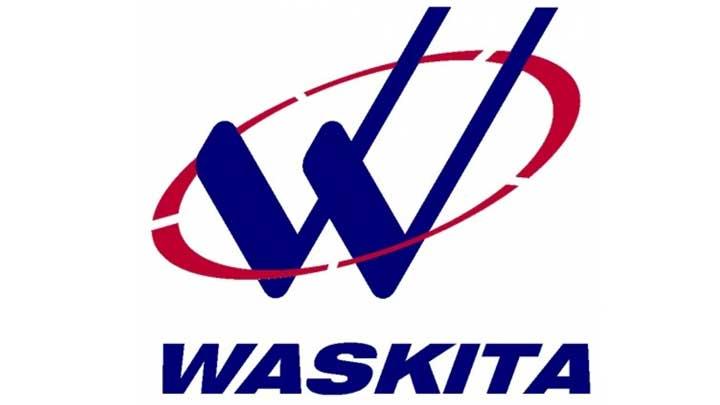
TEMPO.CO, Jakarta - The financial performance of Waskita Karya continues to decline because it is saddled with huge debts. The government suggests an asset transfer to Hutama Karya.
There is no need for the state-owned enterprises (SOEs) ministry to hesitate when deciding on the future of Waskita Karya, which is now on the verge of bankruptcy. This decision must be based on economic considerations and must ignore the perceived obligation to save a state-owned company.
The financial performance of Waskita Karya has been poor because of the huge loans it has to pay. These total Rp84.1 trillion (around US$5.4 billion), more than those of any other SOEs. These debts amount to 86 percent of its corporate assets of Rp98.22 trillion (US$6.3 billion). As of the end of September, the company was in the red to the tune of Rp2.83 trillion (US$183 million), a drastic decline from the profit of Rp425.9 million (US$27,600) it had made by the same time last year.
This negative financial position is dangerous because it shows that profits are not in line with expectations and that the company is unable to cover its investment costs. Waskita Karya has many times been sued for late payments of its obligations by vendors and creditors because of its financial difficulties.
According to the latest reports, Waskita Karya is now facing possible expulsion from the stock exchange if the suspension of its shares continues until May 8 next year. Trading of the shares coded WSKT has been suspended several times after the company twice failed to pay bond interest and the principals totaling almost Rp9 trillion (US$583 million). If Waskita Karya’s huge debts to its creditors, vendors, and bondholders are not paid soon, more serious problems could arise. As well as the short-term solutions of debt restructuring, the Waskita management must resolve the company’s long-term problems.
The damage to Waskita is a consequence of President Joko Widodo’s ambitions for strategic national projects. The company has frequently been tasked with managing infrastructure projects that result in debts and major financial losses.
Waskita Karya has managed 90 projects now in financial difficulties because of their dependence on loans. Most of these projects did not result in profits because they ignored business feasibility studies. A number of these projects resulted in losses to the company because there were problems with the work on the ground or because the targeted users did not want them.
Given this poor state of affairs, the plan to save the company prepared by the SOEs ministry through a transfer of Waskita Karya shares to Hutama Karya could give rise to new problems because if it goes ahead, the financial performance of Hutama Karya could also be dragged down as a result of the huge debts of Waskita Karya. Consolidation between SOEs can be used to produce a good outcome, namely efficiencies in organizational structure and human resources if the two companies are both financially healthy. Conversely, if one of the SOEs is in difficulties, a merger or acquisition could result in a new burden for the company receiving the share transfer, especially if the plan to consolidate these SOEs is not accompanied by a change in the policy of asking the company to manage national strategic projects that ignore the principles of good management.
The government must stop using arbitrary methods, especially those that produce policies that could result in losses to the state. If it is already too far gone to be rescued, why save Waskita?
Read the Complete Story in Tempo English Magazine





















